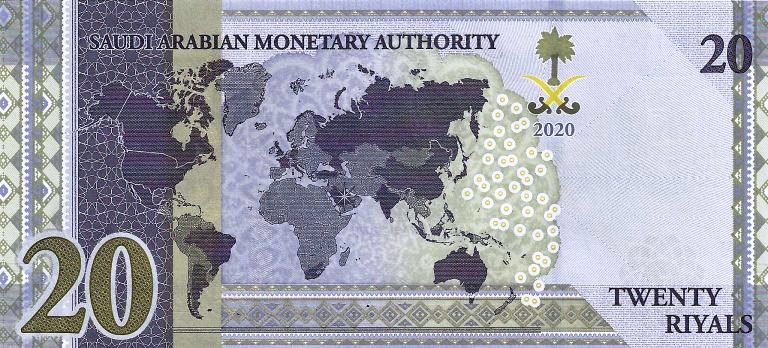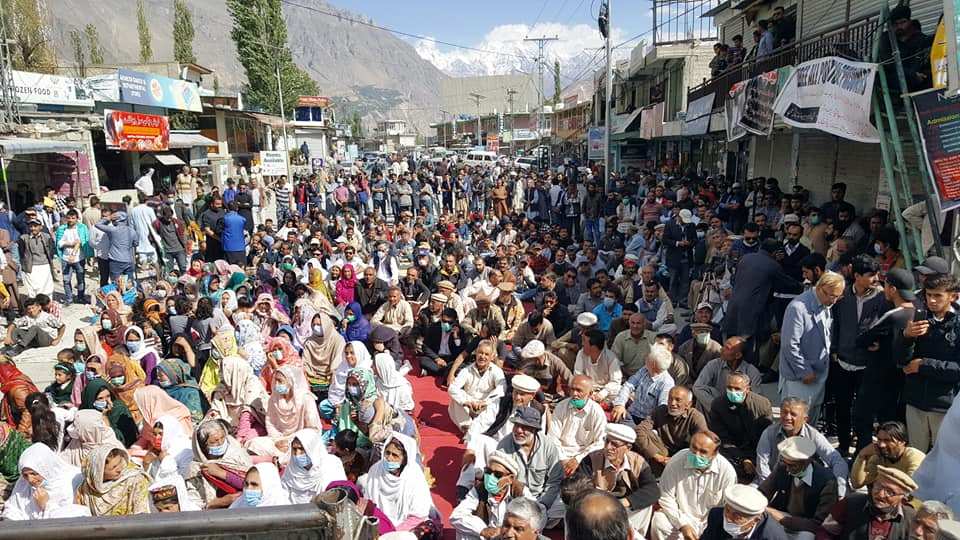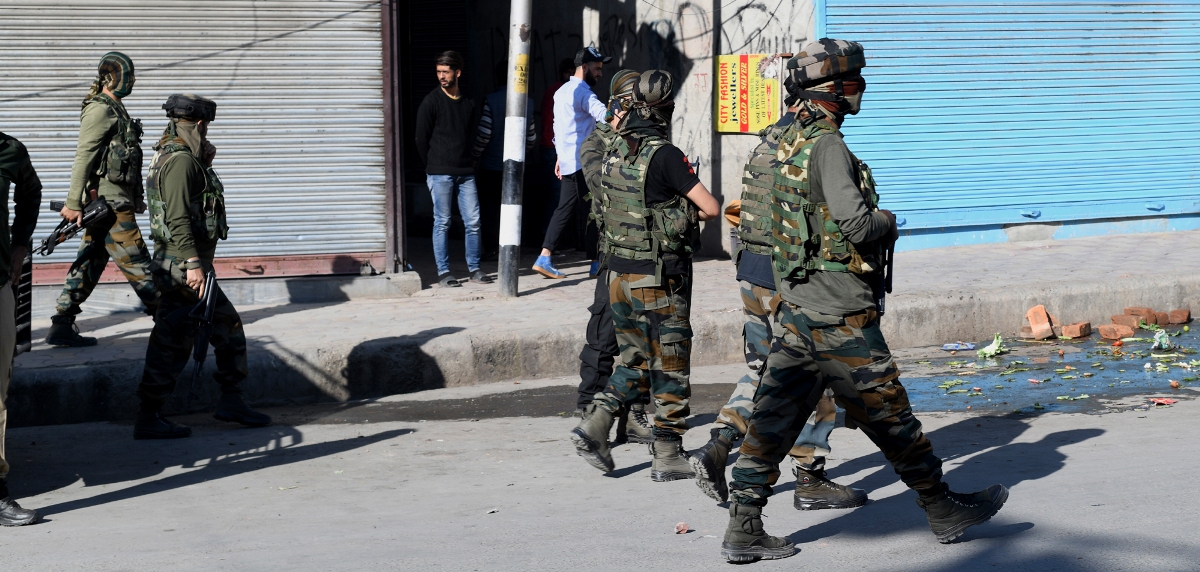SRINAGAR: India has strongly reacted to Pakistan announcing “provisional” provincial status to the Gilgit-Baltistan region. The status was announced by Pakistan premier Imran Khan on Sunday when he flew to Gilgit and addressed a number of meetings and public rallies.

Khan visit was aimed at attending Gilgit’s “Independence Day” function on November 1, ahead of the November 15 elections for the local assembly.
An MEA spokesman in Delhi said Pakistan’s move to make Gilgit-Baltistan as its fifth province is meant to “camouflage its illegal occupation” of the area but it cannot “hide the grave human rights violations, exploitation and denial of freedom” to the people.
“We call upon Pakistan to immediately vacate all areas under its illegal occupation,” Anurag Srivastava, Ministry of External Affairs spokesperson said. Hours later, his counterpart in Islamabad was quoted saying: “Pakistan categorically rejects Indian Ministry of External Affairs’ irresponsible and unwarranted statement regarding Gilgit-Baltistan.”
Please see our statement on Pakistan Government’s decision to accord “provisional provincial status” to the so-called “Gilgit-Baltistan” : pic.twitter.com/8XzPT0aSFH
— Arindam Bagchi (@MEAIndia) November 1, 2020
Statements
The exact statement said: “The Government of India firmly rejects the attempts by Pakistan to bring material changes to a part of the India territory, under its illegal and forcible occupation. I reiterate that the Union Territories of Jammu and Kashmir and Ladakh, including the area of so-called “Gilgit-Baltistan”, are an integral part of India by virtue of the legal, complete and irrevocable accession of Jammu and Kashmir to the Union of India in 1947. The Government of Pakistan has no locus standi on territories illegally and forcibly occupied by it. Such attempts by Pakistan, intended to camouflage its illegal occupation, cannot hide the grave human rights violations, exploitation and denial of freedom for over seven decades to the people residing in these Pakistan occupied territories. Instead of seeking to alter the status of these Indian territories, we call upon Pakistan to immediately vacate all areas under its illegal occupation.”
Pakistan also issued a detailed statement on the issue within hours after Srivastava’s statement.
Coincidences
The developments involving the arid part of the erstwhile state of Jammu and Kashmir came at an interesting time. On October 31, on the very first anniversary of the Ladakh becoming the Union Territory, a newly elected dispensation took the oath of office. Led by BJP leader, it is mandated to rile for the next five years. The same day, a panel mandated to distribute the assets between the two Union Territories gave Ladakh its share in the Jammu and Kashmir Bank, and six other companies.
It was a day later that Imran Khan flew to Gilgit and announced the decision that the region will get provisional provincial status in Pakistan.
Interestingly, both the countries have released political maps showing parts of the erstwhile state of Jammu and Kashmir – not in their control, as part of their respective territories. The first set of maps were released by the MHA that showed Gilgit-Baltistan as part of Ladakh UT and PaK as part of Jammu and Kashmir UT. On the first anniversary of the revocation of Jammu and Kashmir’s special status, Islamabad also released a new “political map” which included Jammu and Kashmir, Ladakh and parts of western Gujarat as part of its territory.
“GB, formerly Northern Areas, was earlier governed, with only limited autonomy, by the “Gilgit-Baltistan Empowerment and Self-Governance Order of 2009”,” Hindustan Times reported from Islamabad. “Pakistan is facing strong domestic opposition from groups that accuse it of systematically exploiting GB of its resources and sharing no dividends with them. Any resistance is met with brutal government reprisal, with activists and leaders hounded, arrested and tortured.”
Interestingly, Khan’s announcement came at the peak of unrest in Hunza where people are seeking the release of the political detainees who are incarcerated for many years now. The people are not willing to give up the street.

“We have made a decision to grant provisional provincial status to Gilgit-Baltistan, which has long been the demand here keeping in view UN Security Council resolutions,” Imran Khan was quoted saying in his speech by the state broadcaster Radio Pakistan.
Khan’s proposal would apply to Gilgit-Baltistan, Pakistan’s only land link to China, only after a constitutional amendment that would require two-third support. He, however, gave no time-frame for its implementation.
As debate about GB’s future rages, some middle ground needs to be arrived at. GB cannot continue in a perpetual state of disempowered liminality, devoid of any political, constitutional and legal rights.
A good starting point wud be to reinstate SSR – internal autonomy. pic.twitter.com/3qfNggG23l
— Asma Khan Lone (@AsmakLone) September 22, 2020
Once the region, with more than 12 lakh population, gets the status of the provisional provincial, it will upgrade its ruling structure. Currently, a legislative body is in place since 2009 that has quite a few powers as the region is ruled by Islamabad directly.















